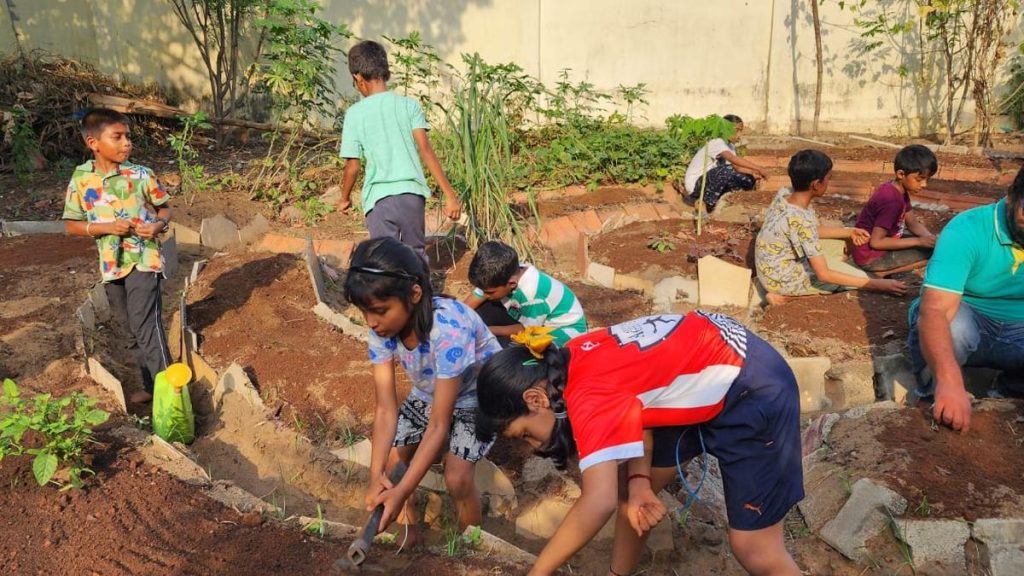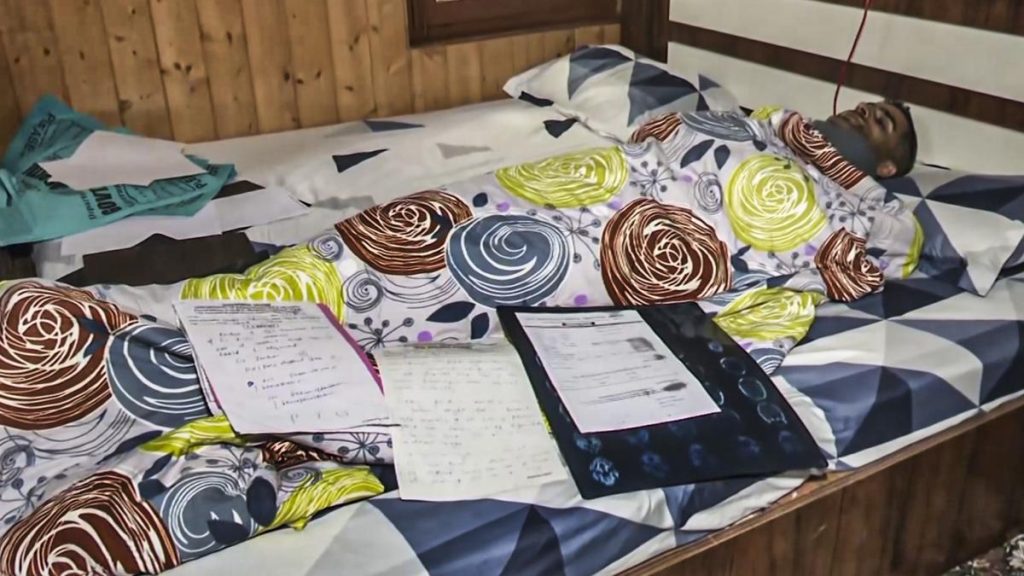Now Reading: Dalit Leaders Call for Probe into Student’s Death at Central University of Karnataka
-
01
Dalit Leaders Call for Probe into Student’s Death at Central University of Karnataka
Dalit Leaders Call for Probe into Student’s Death at Central University of Karnataka
Rapid Summary
- Dalit Sangharsh Samiti (DSS) demanded a high-level probe into the alleged suicide of a Dalit student at the Central University of Karnataka (CUK), Kalaburagi, on July 30.
- The BSc 2nd year student from Odisha reportedly took her life following alleged sexual harassment within the campus.
- DSS State Convener D.G. Sagar stated that even though the victim had reported her case to the Dean of Students Welfare, no action was initiated.
- Separate allegations have been made by another Dalit student against a canteen staff for sexual harassment, wiht complaints going unaddressed by university authorities.
- A professor’s brother allegedly misbehaved with students at an on-campus establishment; despite complaints, senior officials like Vice-Chancellor Battu Satyanarayana and Registrar R.R. Biradar were accused of suppressing the matter instead of addressing it properly.
- accusations were made regarding systematic discrimination against Dalit students at CUK, impacting their academic and social welfare.
- Claims were raised about university authorities deliberately withholding land for residential hostels meant for Dalit and minority students as proposed by the State government.
- Allegations related to irregular recruitment practices included claims that Vice-Chancellor Satyanarayana favored candidates from Telangana and Andhra Pradesh over eligible candidates within Karnataka.
Indian Opinion analysis
The incidents reported raise serious concerns about administrative openness, campus safety, and equity within academic spaces in India-especially amidst historically marginalized communities like Dalits. If proven true, allegations such as inadequate response to grievances surrounding harassment or misuse of authority could undermine trust in public educational institutions like CUK.
Institutional neglect toward grievances can exacerbate systemic inequalities and lead to adverse outcomes-such as mental health crises or reduced participation among disadvantaged groups-in addition to legal consequences for stakeholder entities involved.
Further examination into hiring practices is vital since favoritism in recruitments not only damages regional representation but may erode institutional integrity over time if left unchecked.
These developments highlight an urgent need for proactive oversight mechanisms across universities nationwide aimed at fostering inclusion while safeguarding equitable opportunities free from political or social bias-as intended under India’s constitutional framework.
Read more: [Link withheld as per input]


